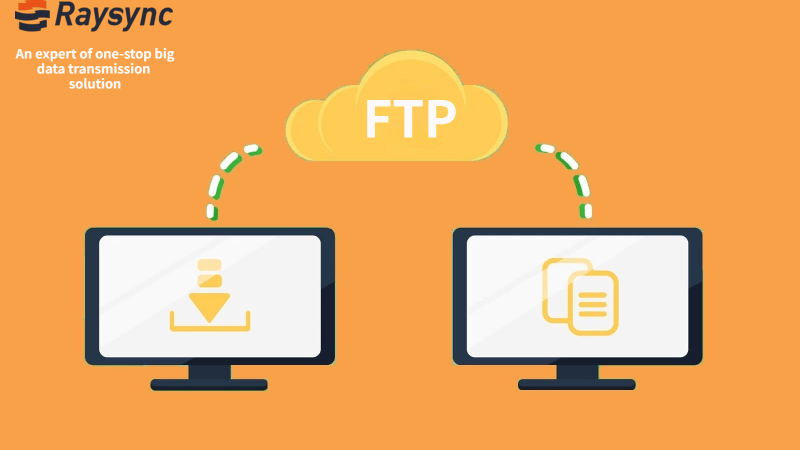Google-backed Software Developer GitLab Considers A Sale

GitLab, a major player in the DevOps and software development space, has reportedly been considering a sale. This development has caught the attention of the tech industry due to GitLab’s influential role and the backing it has received from prominent investors, including Google. A potential sale could have far-reaching implications for the software development ecosystem, the competitive landscape, and the strategic direction of GitLab itself. In this comprehensive analysis, we will delve into the factors driving GitLab’s consideration of a sale, the potential buyers, and the broader impact on the tech industry.
GitLab’s Rise to Prominence
GitLab was founded in 2011 by Dmitriy Zaporozhets and Valery Sizov. Initially, it started as an open-source project to provide a web-based Git repository manager. Over the years, GitLab expanded its capabilities to offer a comprehensive DevOps platform that encompasses the entire software development lifecycle—from planning and coding to testing, deployment, and monitoring. This all-in-one approach has made GitLab a favored tool among developers and enterprises seeking to streamline their workflows and improve collaboration.
GitLab’s growth has been fueled by significant investments from notable venture capital firms and tech giants. One of the most prominent backers is GV (formerly Google Ventures), which has supported GitLab through various funding rounds. This backing has not only provided financial resources but also enhanced GitLab’s credibility and visibility in the competitive tech landscape.
Factors Driving the Consideration of a Sale
Several factors may be driving GitLab’s consideration of a sale, including market dynamics, strategic opportunities, and financial considerations.
Market Dynamics: The software development and DevOps market is highly competitive, with major players like GitHub (owned by Microsoft), Atlassian, and Jenkins constantly innovating and expanding their offerings. The consolidation trend in the tech industry may be prompting GitLab to explore a sale as a strategic move to stay competitive and leverage synergies with a larger organization.
Strategic Opportunities: A sale could open up new strategic opportunities for GitLab. Joining forces with a larger company could provide access to more resources, advanced technologies, and a broader customer base. This could accelerate GitLab’s growth and enhance its ability to innovate and deliver value to its users.
Financial Considerations: Financial factors, such as achieving liquidity for investors and founders, could also be a motivating factor. Venture-backed companies often face pressure to provide returns on investment. A sale could offer a lucrative exit strategy for early investors and stakeholders, while also providing capital to fuel GitLab’s future initiatives.
Potential Buyers
The potential buyers for GitLab could range from tech giants to private equity firms, each with their own strategic interests and motivations.
Tech Giants: Companies like Microsoft, Google, Amazon, and IBM could be potential acquirers. These tech giants have a strong interest in expanding their cloud and DevOps offerings. For instance, Microsoft’s acquisition of GitHub in 2018 demonstrated the value of integrating a robust developer platform into its ecosystem. Google, already an investor in GitLab, could see the acquisition as a way to enhance its Google Cloud Platform’s DevOps capabilities and compete more effectively with AWS and Azure.
Private Equity Firms: Private equity firms specializing in technology investments might also be interested in acquiring GitLab. These firms could provide the capital and strategic guidance needed to drive GitLab’s next phase of growth while potentially preparing it for a future public offering.
Enterprise Software Companies: Large enterprise software companies like Oracle or Salesforce might view GitLab as a strategic addition to their portfolios. By acquiring GitLab, they could offer a more comprehensive suite of tools to their enterprise customers, enhancing their competitive positioning in the market.
Broader Impact on the Tech Industry
A potential sale of GitLab would have several implications for the tech industry, affecting competitors, customers, and the broader DevOps ecosystem.
Competitive Landscape: A sale could alter the competitive dynamics in the DevOps market. If acquired by a tech giant, GitLab would likely receive increased resources and support, enabling it to accelerate innovation and expand its market share. This could intensify competition with other DevOps platforms like GitHub, Bitbucket, and Jenkins, driving further advancements and possibly leading to more acquisitions or partnerships in the space.
Customer Impact: For GitLab’s customers, a sale could bring both benefits and uncertainties. On the positive side, an acquisition by a well-resourced company could lead to enhanced product offerings, better integration with other tools, and improved support. However, there could also be concerns about changes in pricing, product direction, and the potential loss of the open-source ethos that has been central to GitLab’s identity.
Innovation and Integration: An acquisition could foster greater innovation and integration within the acquiring company’s ecosystem. For example, if Google were to acquire GitLab, there could be deeper integration with Google Cloud services, leading to more seamless workflows for developers using those platforms. This could enhance the overall value proposition for users and drive greater adoption.
Employee and Community Reactions: The reaction of GitLab’s employees and the open-source community will also be important. GitLab has built a strong community around its open-source model, and any changes resulting from a sale could impact community engagement and contributions. Ensuring transparency and maintaining the community’s trust will be critical for the acquiring company.
Conclusion
GitLab’s consideration of a sale marks a significant moment in the tech industry, with potential ramifications for the competitive landscape, innovation, and the broader DevOps ecosystem. While the motivations behind the sale are multifaceted, encompassing market dynamics, strategic opportunities, and financial considerations, the outcome will depend on the nature of the acquisition and the strategic vision of the buyer.
Whether GitLab is acquired by a tech giant, a private equity firm, or another enterprise software company, the impact on its customers, competitors, and the open-source community will be profound. As the situation evolves, stakeholders will be keenly watching for developments and the potential transformations that lie ahead for GitLab and the wider software development industry.






